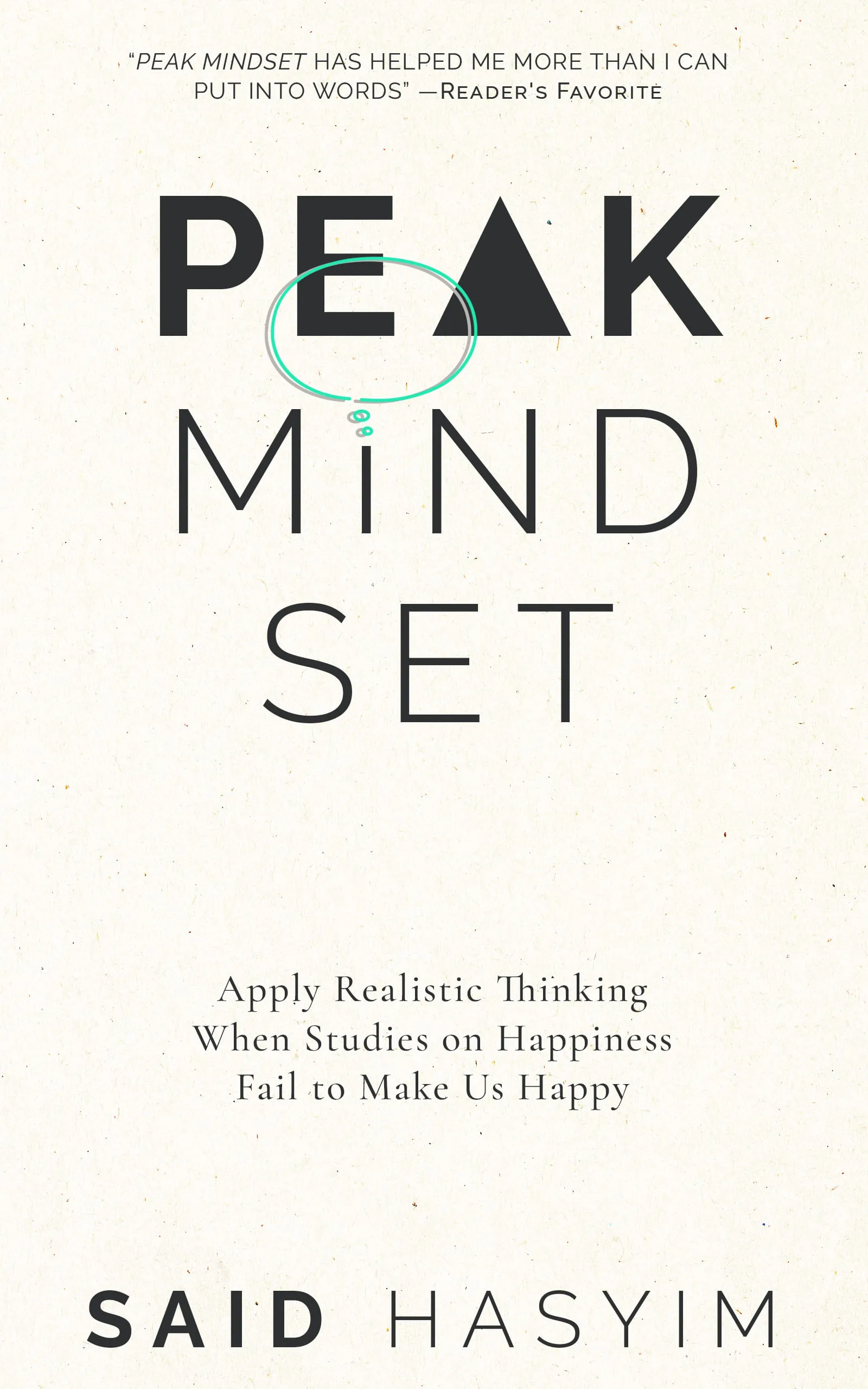Why Mindset Matters in the Happiness Equation
Happiness is often seen as the ultimate goal in life. We seek it actively, believing that if we can achieve certain milestones—whether it be a successful career, a loving relationship, or financial stability—we will be happy. However, what if I told you that the key to happiness doesn't lie solely in external circumstances? Instead, it resides within the mind-set we adopt. In this blog post, we'll explore the crucial role that mindset plays in the happiness equation and how adopting a positive perspective can significantly enhance our overall wellbeing.
Understanding Mindset
The term "mindset" refers to the established set of attitudes held by someone. It shapes how we perceive the world around us, how we respond to challenges, and ultimately how we experience our lives. Mindsets can be broadly categorized into two types: fixed and growth.
Fixed Mindset: Individuals with a fixed mindset believe that their basic qualities, such as intelligence and talent, are static traits. They often feel threatened by challenges and see failure as a reflection of their identity. This rigidity can inhibit personal growth and contributes to feelings of inadequacy and dissatisfaction.
Growth Mindset: Conversely, individuals with a growth mindset believe that their abilities can be developed through dedication and hard work. They embrace challenges, persevere in the face of setbacks, and consider failure as an opportunity for learning. This adaptive approach is tied closely to greater resilience and ultimately, happiness.
Understanding our mindset is pivotal; it influences not only how we react to life's challenges but also our perceptions of ourselves and our circumstances.
The Connection Between Mindset and Happiness
Research has shown that our mindset can profoundly impact our levels of happiness. Here are a few essential ways that mindset plays a role in our emotional well-being:
1. Resilience in the Face of Adversity
Life inevitably presents challenges—loss, failure, uncertainty. How we respond to these challenges often dictates our happiness. Individuals with a growth mindset tend to exhibit higher resilience. They view setbacks as temporary and surmountable, which allows them to bounce back more quickly. In contrast, those with a fixed mindset may spiral into negativity, feeling defeated and stuck, which can diminish their overall happiness.
2. Influencing Our Relationships
Mindset doesn't just impact individual happiness; it extends to our relationships as well. People with a growth mindset are generally more open to communication and are better able to resolve conflicts. They recognize that relationships require effort and understanding and are willing to invest in personal growth as well as the growth of others. This perspective fosters deeper interpersonal connections, enhancing overall life satisfaction.
3. Cultivating Gratitude
A positive mindset can significantly enhance our ability to practice gratitude, which is closely linked to happiness. When we adopt a growth mindset, we naturally begin to focus on what we can learn rather than what we lack. This shift can lead to a greater appreciation of the small joys in life, encouraging a habit of gratitude. Research has shown that consistent gratitude practice can lead to improved mood and greater life satisfaction.
4. Realistic Goal Setting
Mindset influences our goals and aspirations. A growth mindset encourages setting realistic yet challenging goals, while a fixed mindset might hold us back from even trying due to fear of failure. Achieving these goals, irrespective of their scale, can provide a sense of accomplishment and purpose, both key components of happiness. Furthermore, recognizing that progress is often nonlinear helps in maintaining motivation even when faced with setbacks.
Strategies for Developing a Positive Mindset
The good news is that cultivating a positive mindset is a skill that can be developed. Here are some strategies to help you shift your mindset towards one that fosters happiness:
1. Practice Self-Reflection
Take time to engage in self-reflection. Ask yourself how you react to challenges and setbacks. Conscious awareness of your thought patterns can help you identify fixed mindset tendencies that hinder your happiness.
2. Embrace Challenges
Seek out challenges that push you out of your comfort zone. Start small and gradually work your way up to more significant challenges. Acknowledge your feelings of discomfort and remind yourself that discomfort often precedes growth.
3. Reframe Negative Thoughts
Practice reframing negative thoughts into more positive or constructive perspectives. For instance, instead of thinking, “I always fail at this,” try “This is an opportunity to learn and improve.”
4. Surround Yourself with Positivity
The people we surround ourselves with can greatly impact our mindset. Seek relationships with individuals who inspire growth and positivity. Engaging in uplifting conversations can help reinforce your new mindset.
5. Celebrate Small Wins
Recognize and celebrate your small achievements. This can reinforce your growth mindset and motivate you to continue pursuing goals.
Conclusion
While life presents us with various circumstances that can affect our happiness, it is our mindset that ultimately determines how we experience these moments. By adopting a growth mindset, we open ourselves up to resilience, deeper relationships, gratitude, and realistic goal-setting—all of which contribute significantly to our overall happiness. Changing our mindset is not an overnight task, but it is a worthwhile journey that can lead to profound transformations in how we experience life. Ultimately, the happiness equation is not just about the external milestones we achieve but about how we choose to perceive ourselves and our world.
Leverage Your Mindset for a Fulfilling Life
Explore Peak Mindset, a book to leveraging your subconscious for a more fulfilling life. Gain insights into realistic thinking, money management, and stress resilience to make informed decisions. Discover pitfalls in conventional happiness advice and practical strategies for self-transformation. Unlock your potential and enhance your overall satisfaction.
